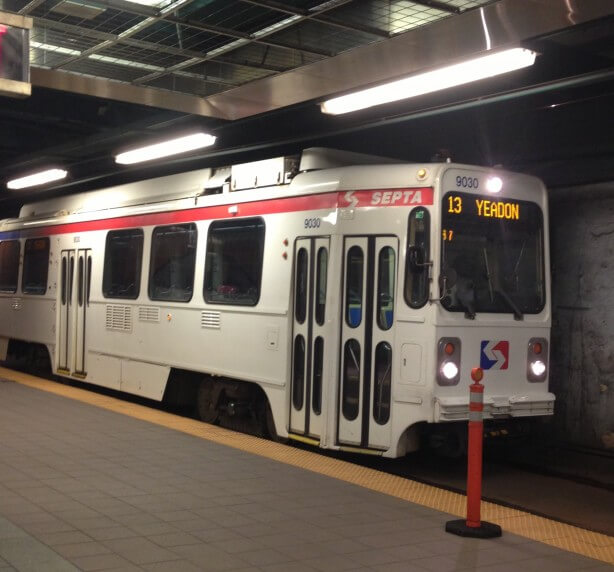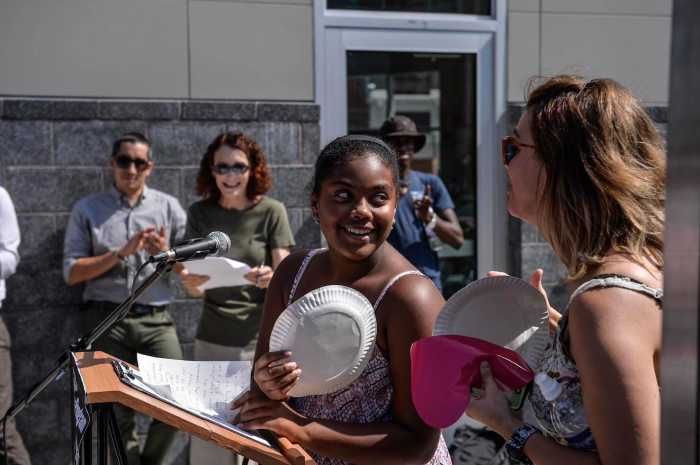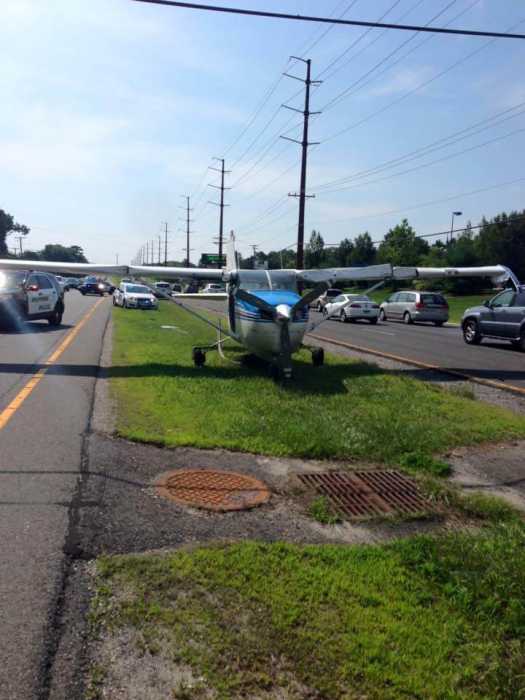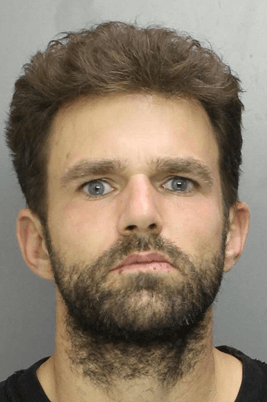This year’s long, nightmarish election season comes to an end tomorrow. And one thing that’s been lost in the political hay this year has been policies.
We’ve heard a lot about one candidate’s emails and another candidate’s jovial penchant for sexually assaulting women; not so much about the Transportation Alternatives Program or what candidates plan to do about the 35,000 yearly American traffic deaths. And that’s with good reason. Neither candidate has made much noise about their plans for street infrastructure. They’ve attempted to one-up each other on how much money they’d spend on their mostly vague infrastructure plans ($275 billion for Clinton; $1 trillion for Trump). But neither candidate has talked much about alternative modes of transportation—other than Trump making fun of Secretary of State John Kerry for riding a bicycle. Climate change was not brought up once in any presidential debate this year. But these issues are important. More Americans are using a bicycle as their primary mode of transportation in more than a century. Urban trails have become a mainstay of many growing U.S. cities. Bike share systems are a viable form of public transportation used by millions across the U.S. Despite the lack of information from the mainstream media or candidates on their plans for bicycling, the best way to address the issue of alternative transportation may be look at their party’s platforms, and what party leaders have said, voted on, and done in response to multi-modal plans. The Republican Party has spent the last eight years opposing President Obama on all his policies, so it should come as no surprise that when the president proposed more money for transit and alternative infrastructure grants, they opposed it. Early on in Obama’s tenure, the so-called Tea Party fueled a conspiracy theory about something called Agenda 21, a sustainable development global partnership resolution agreed upon by President George H.W. Bush. A Colorado gubernatorial candidate, for instance, cited the resolution when opposing bike share for Denver. Maine Gov. Paul LePage cancelled a project to ease congestion, citing the United Nations plot. Some state legislators even claimed Agenda 21 would somehow result in “forced abortions.” First through his stimulus plan, then through general policy, President Obama has been able to secure some (but not nearly enough) federal dollars for multi-modal funding. Small programs like TIGER and Transportation Alternatives Program have helped cities like Philadelphia, especially as we complete our trail system. (TAP funds helped build out our Indego bike share system, the Manayunk Bridge Trail, and the Schuylkill River Trail.) So, it’s sort of weird that U.S. Sen. Pat Toomey, R-Pa., literally wrote the bill that would have eliminated all money for the program, moving those funds into highway spending.
Toomey’s job-killing legislation failed to gather the 60 votes needed to move forward, but was supported by every Republican who voted, and some conservative Democrats.
Alternative transportation funds are low-hanging fruit for conservatives who claim to fetishize non-weaponry budgetary constraints. So it’s no surprise that the 2016 RNC platform would eliminate federal funding for walking, transit and bicycling infrastructure. The Democratic platform looks at this issue differently. Democrats, according to their platform, look at bicycles and pedestrian infrastructure as valuable to environmental and clean energy policy—and support Transportation Alternative funds both in policy and in voting. The DNC platform explicitly says the government should “coerce people out of cars” in its push for social engineering. Democrats have regularly supported funding programs and grants to support bicycle and pedestrian infrastructure, while Republicans have opposed it, but there are a couple bright spots. New Jersey Congressman Frank LoBiondo was the only Republican in the House Transportation Committee to oppose the elimination of bicycle and pedestrian funding during SAFETY LU deliberations in 2012. And House Republicans from Wisconsin, Illinois and Mississippi actually championed local control of transportation funds for non-highway community projects, which has helped Philadelphia when dealing with TAP grants. As noted by the Bike League earlier this year, one thing to keep in mind is that for the first time, both parties are at least talking about bicycling. Even the Republicans, while they oppose programs for funding infrastructure, admit that amenities like bike trails are “worthwhile enterprises”—just not worthwhile enough for the government to fund. Randy LoBasso is the bicycle columnist for Metro Philadelphia.
Bike the vote: Which candidates are best for Philadelphia’s streets
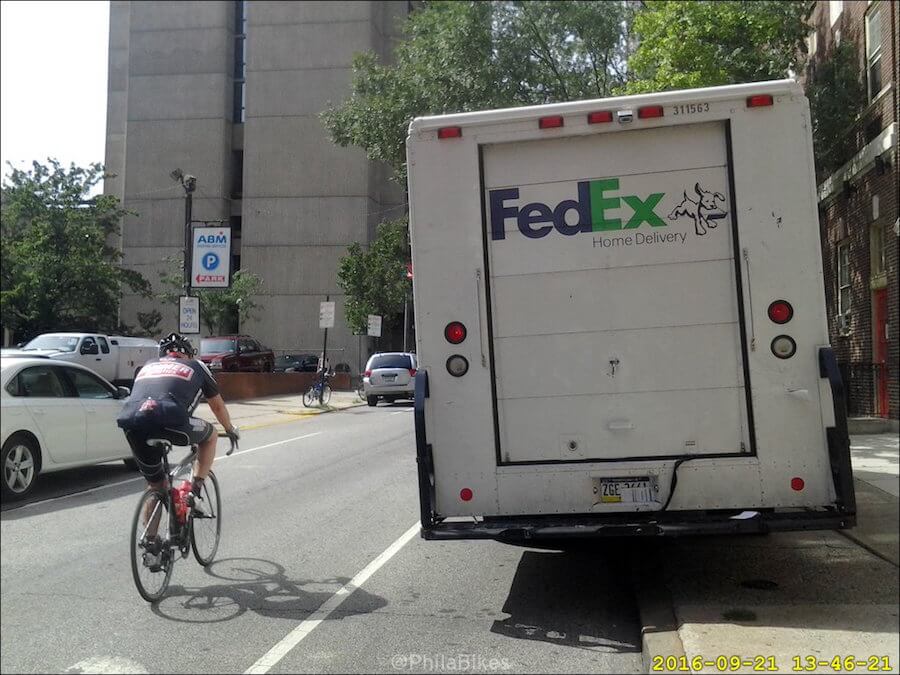
Getty Images



